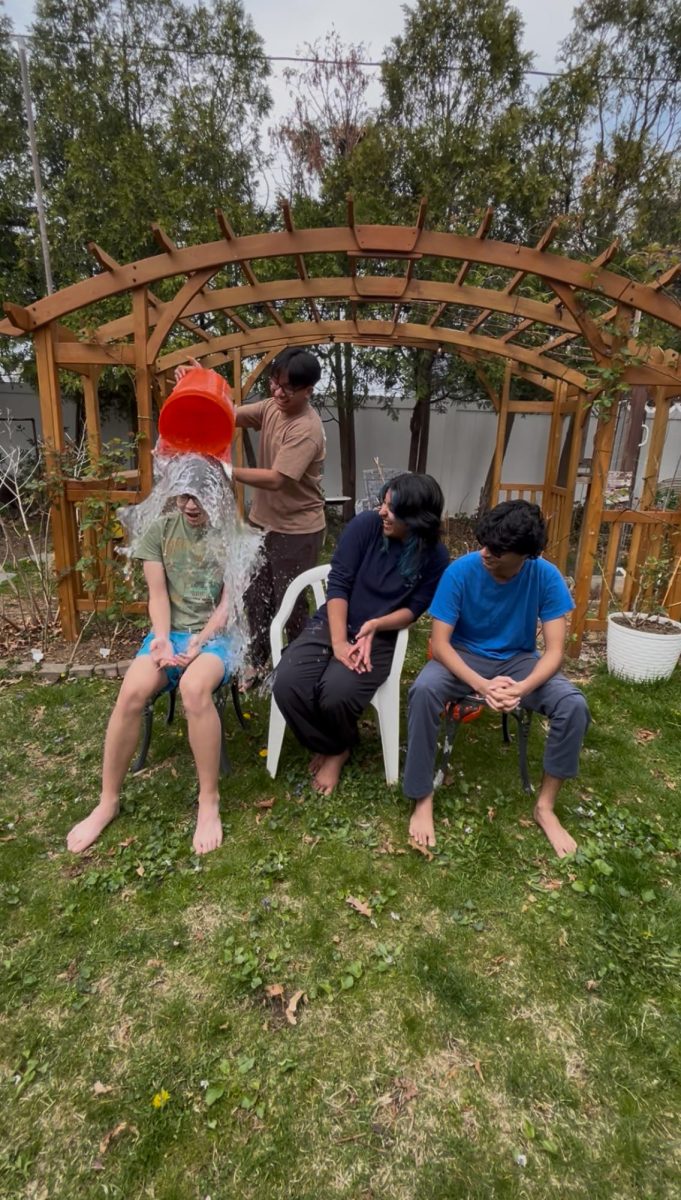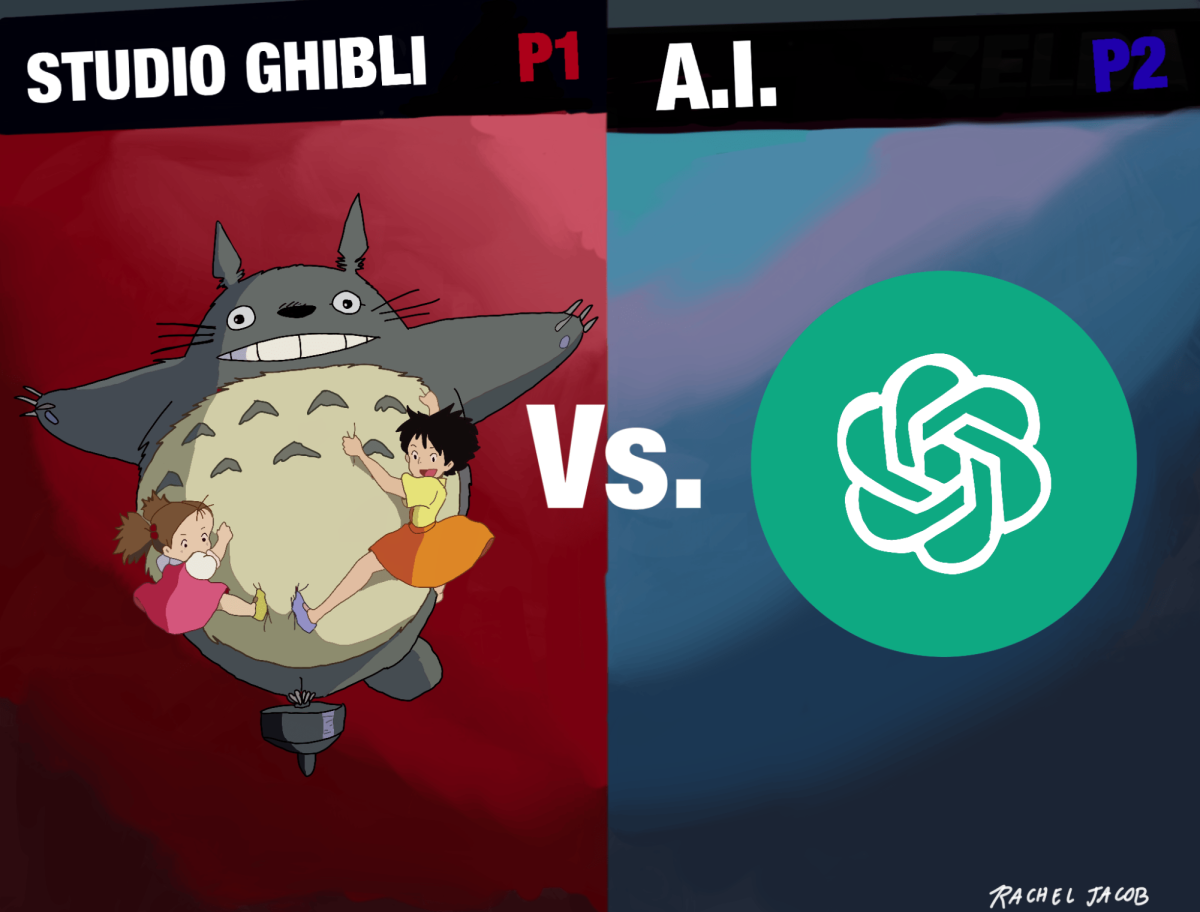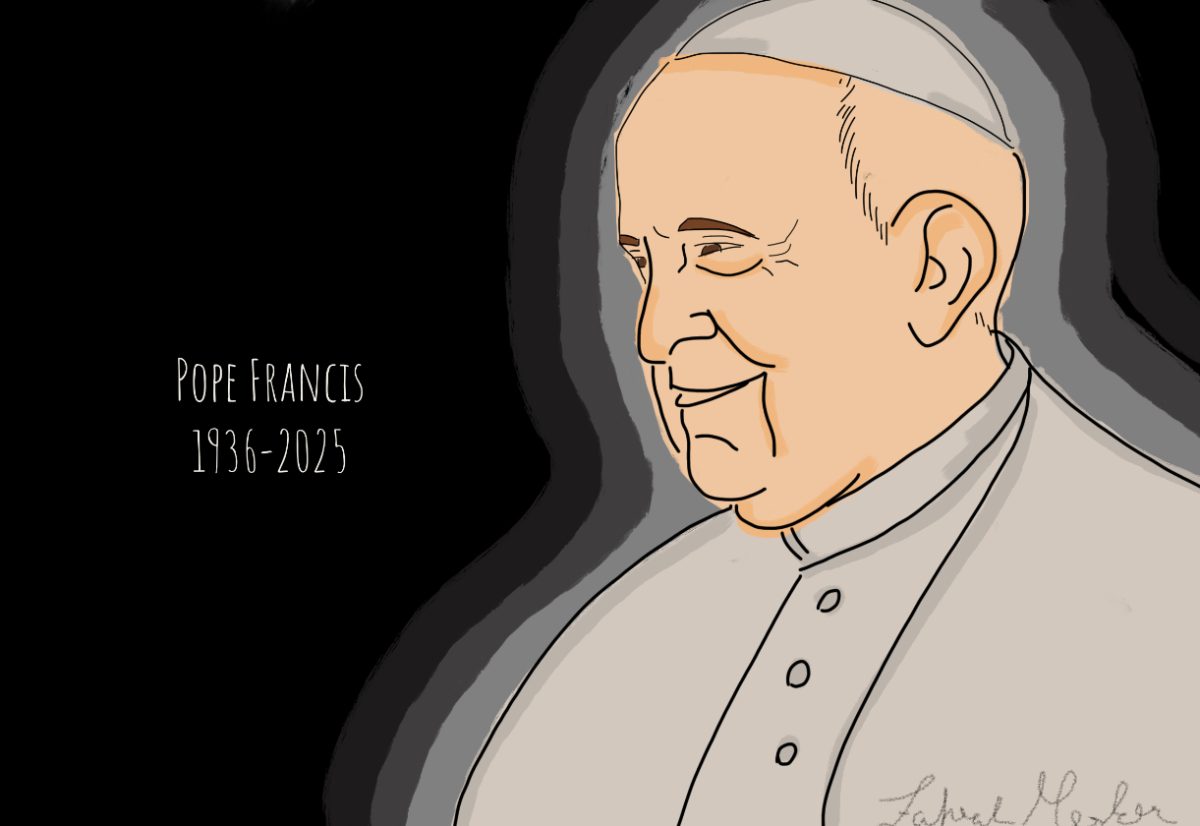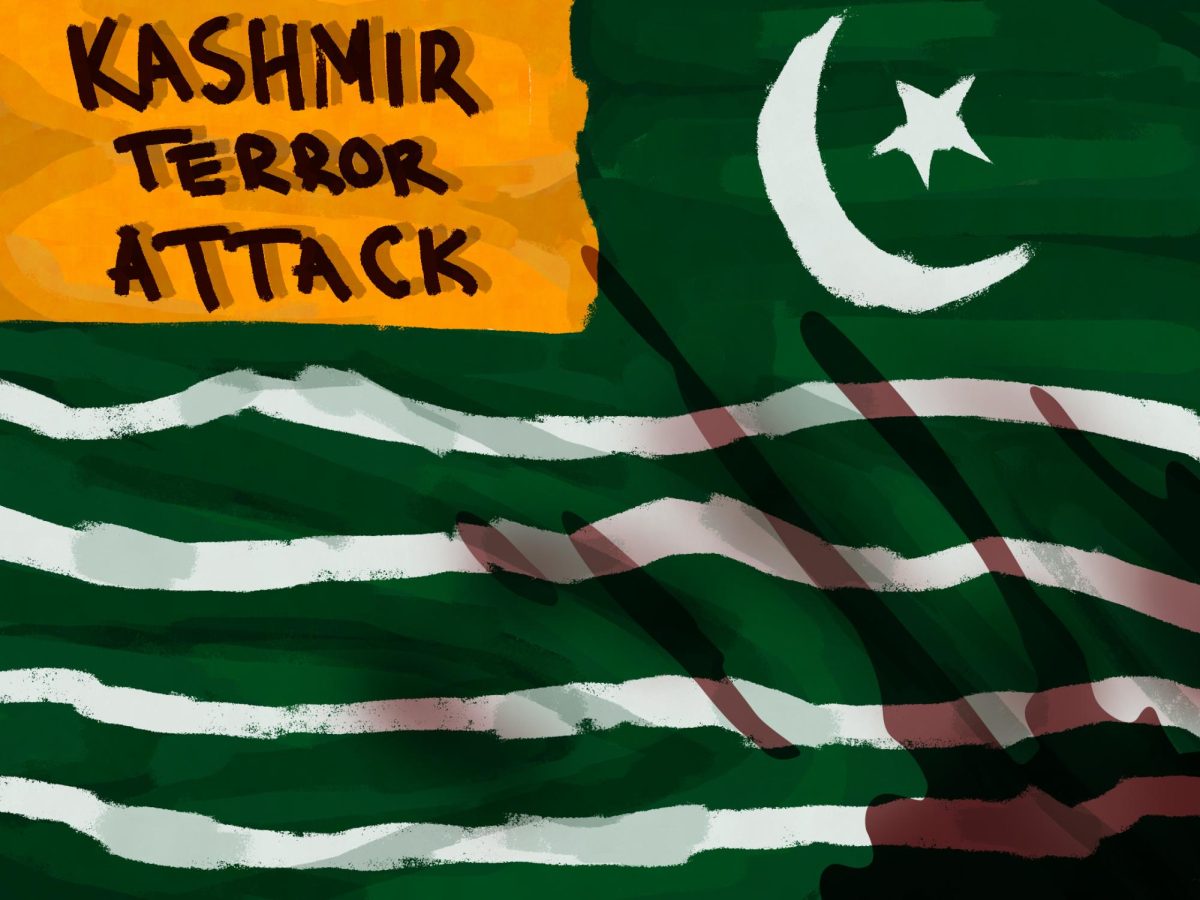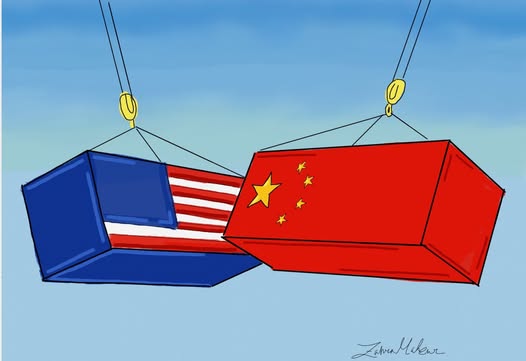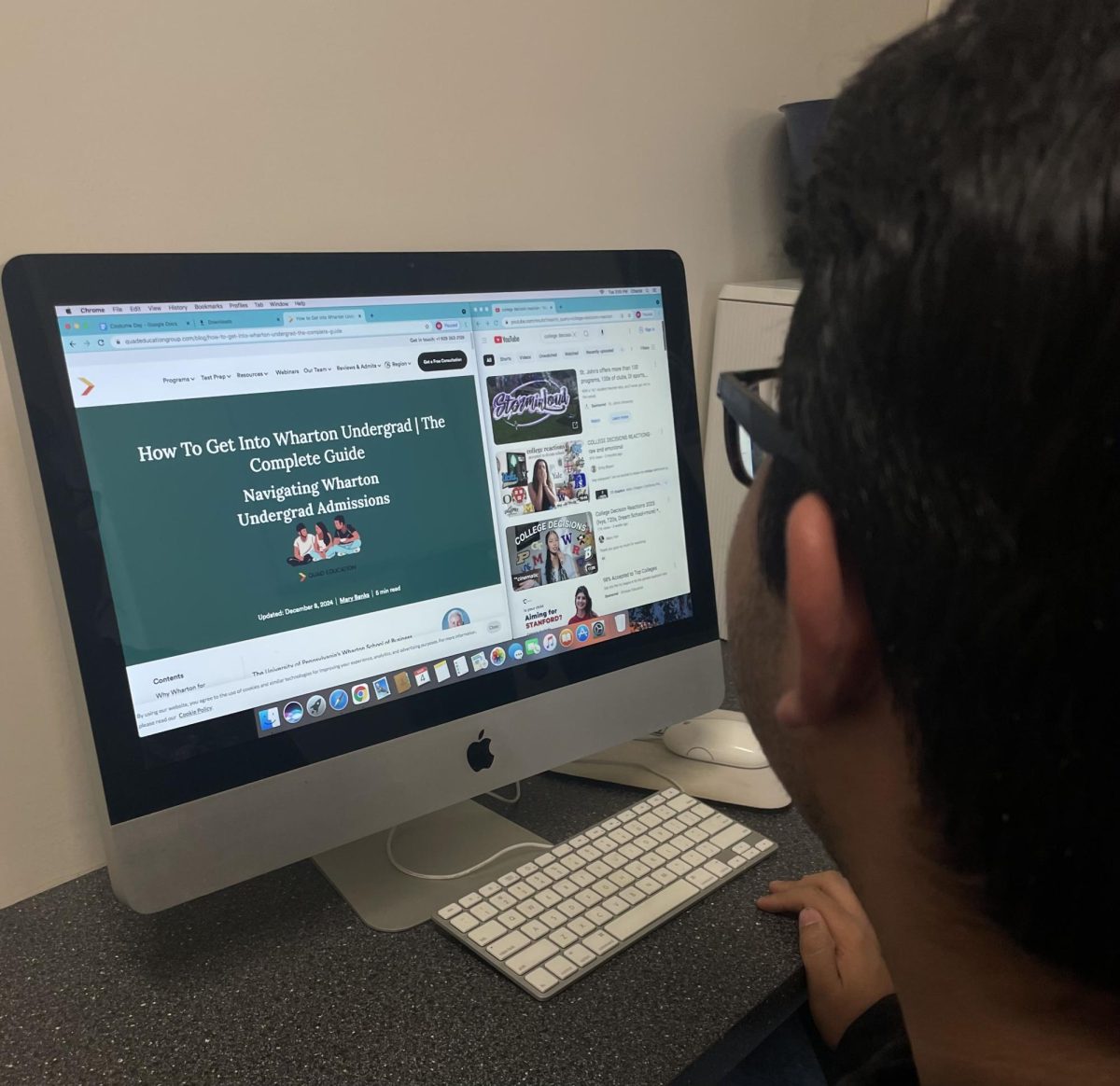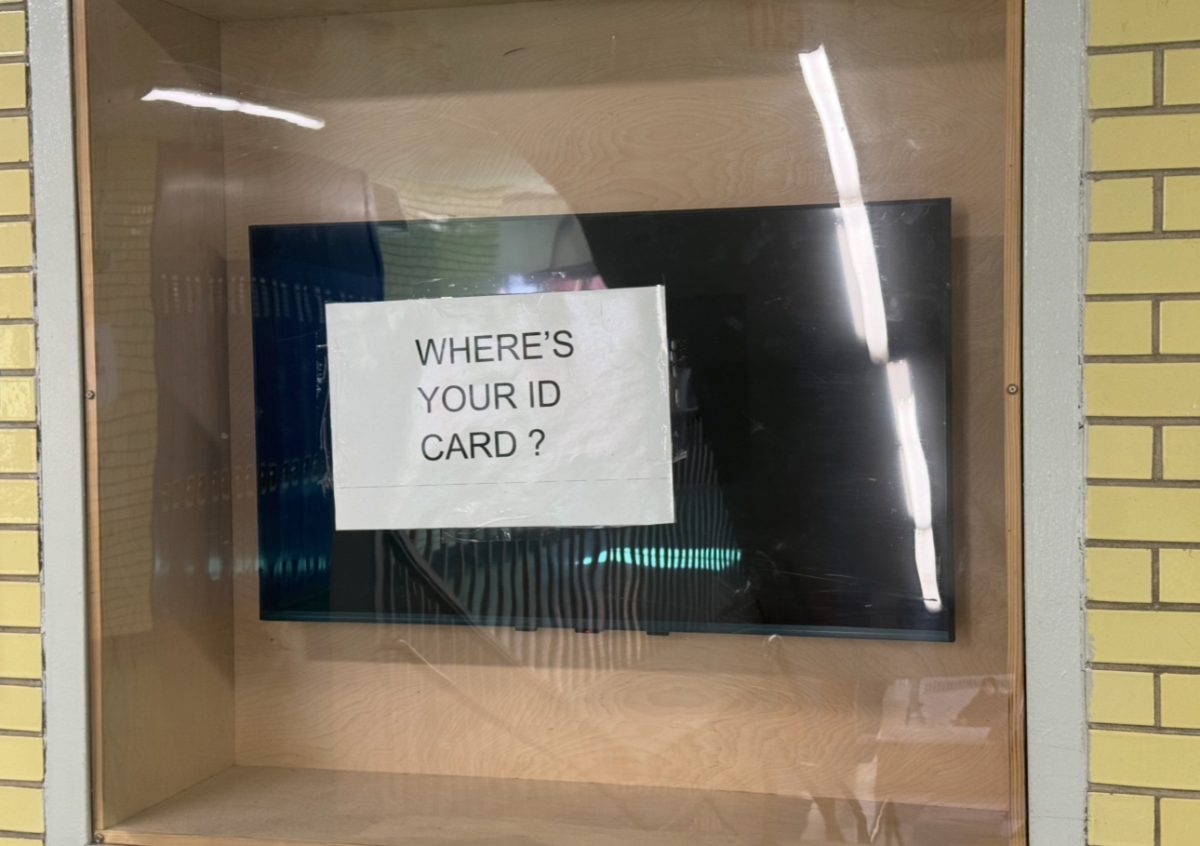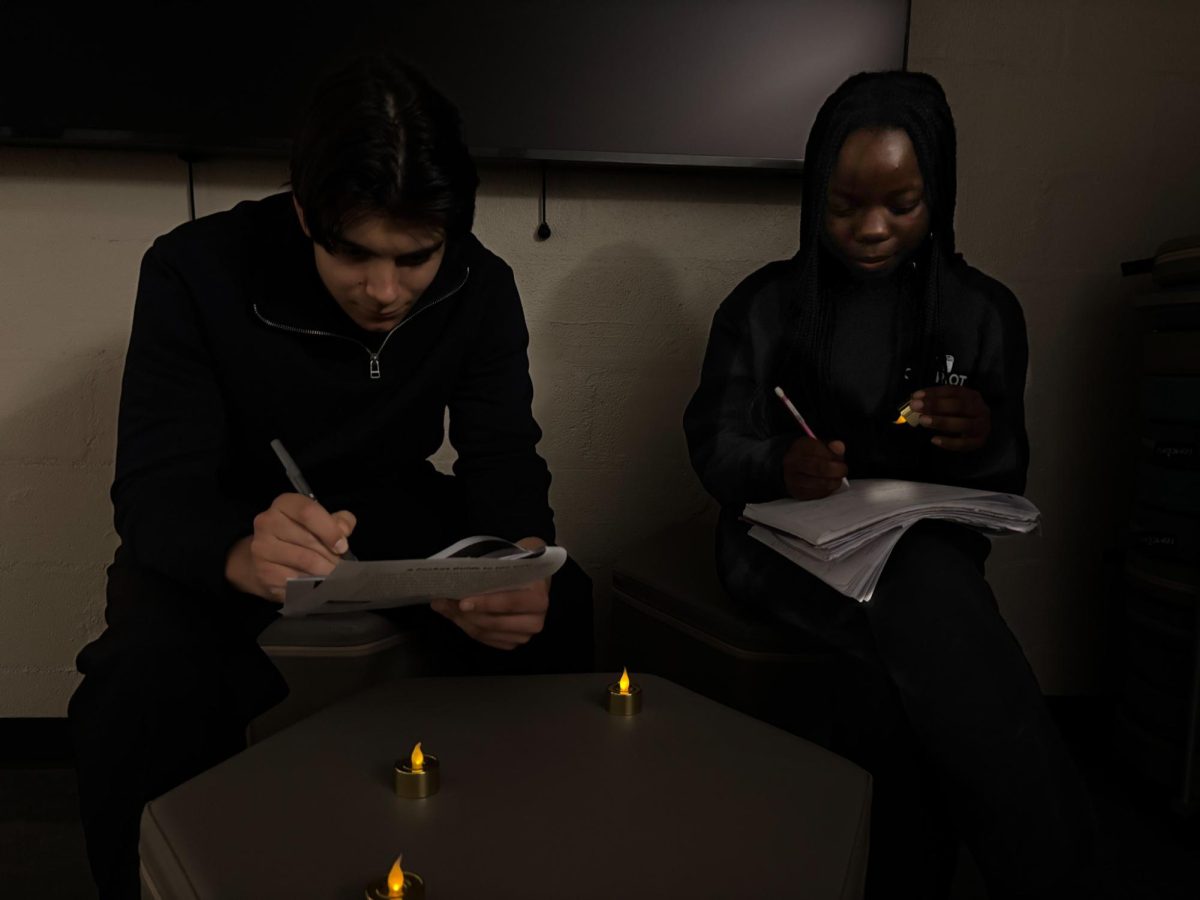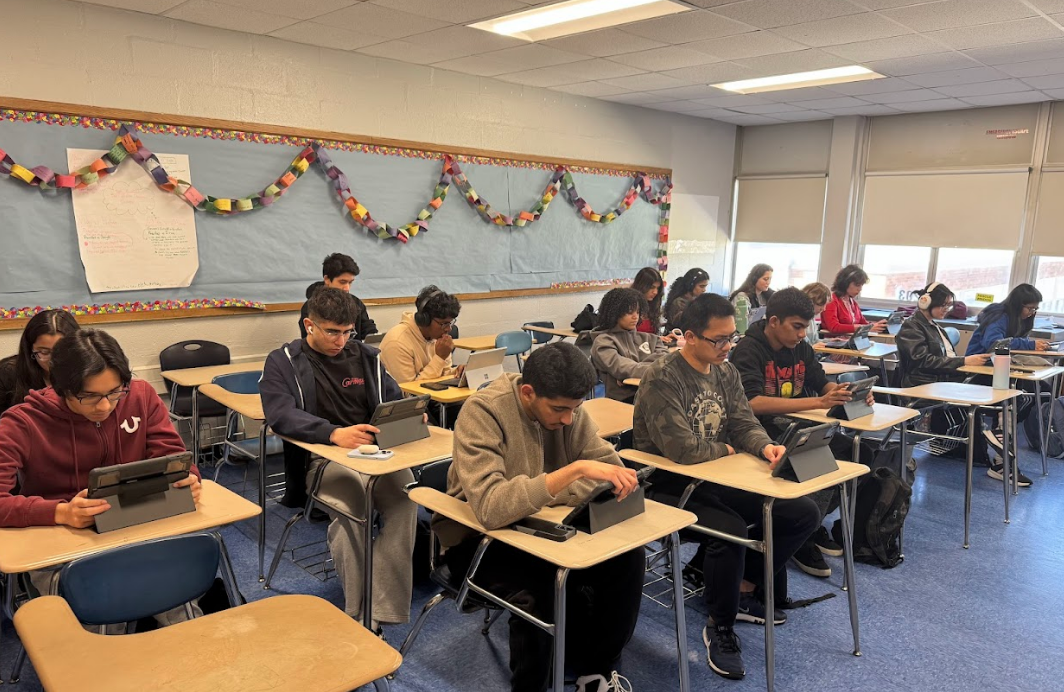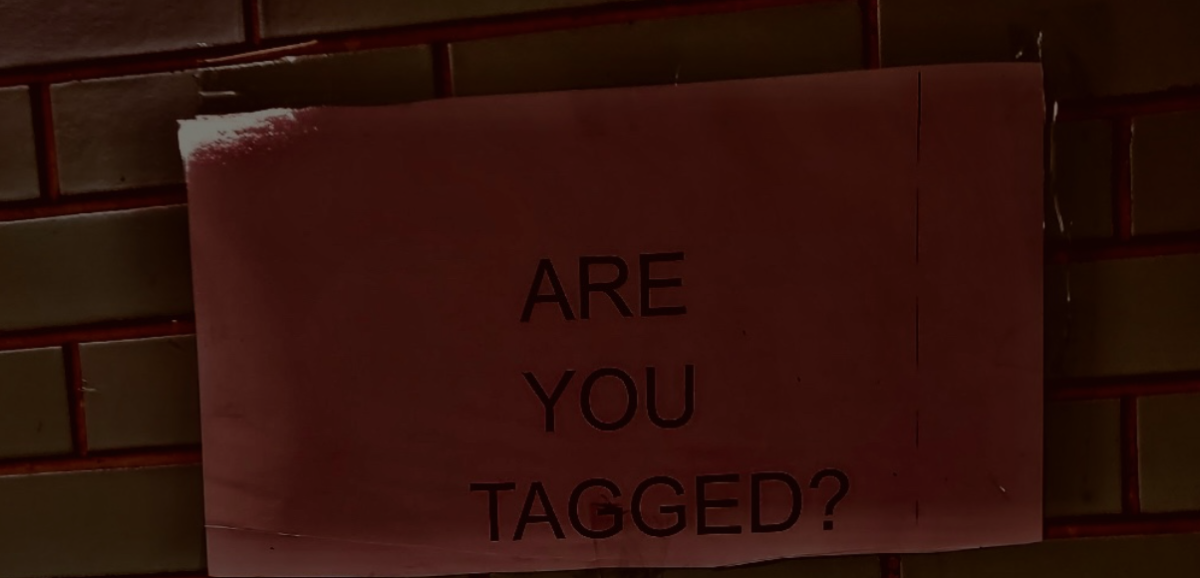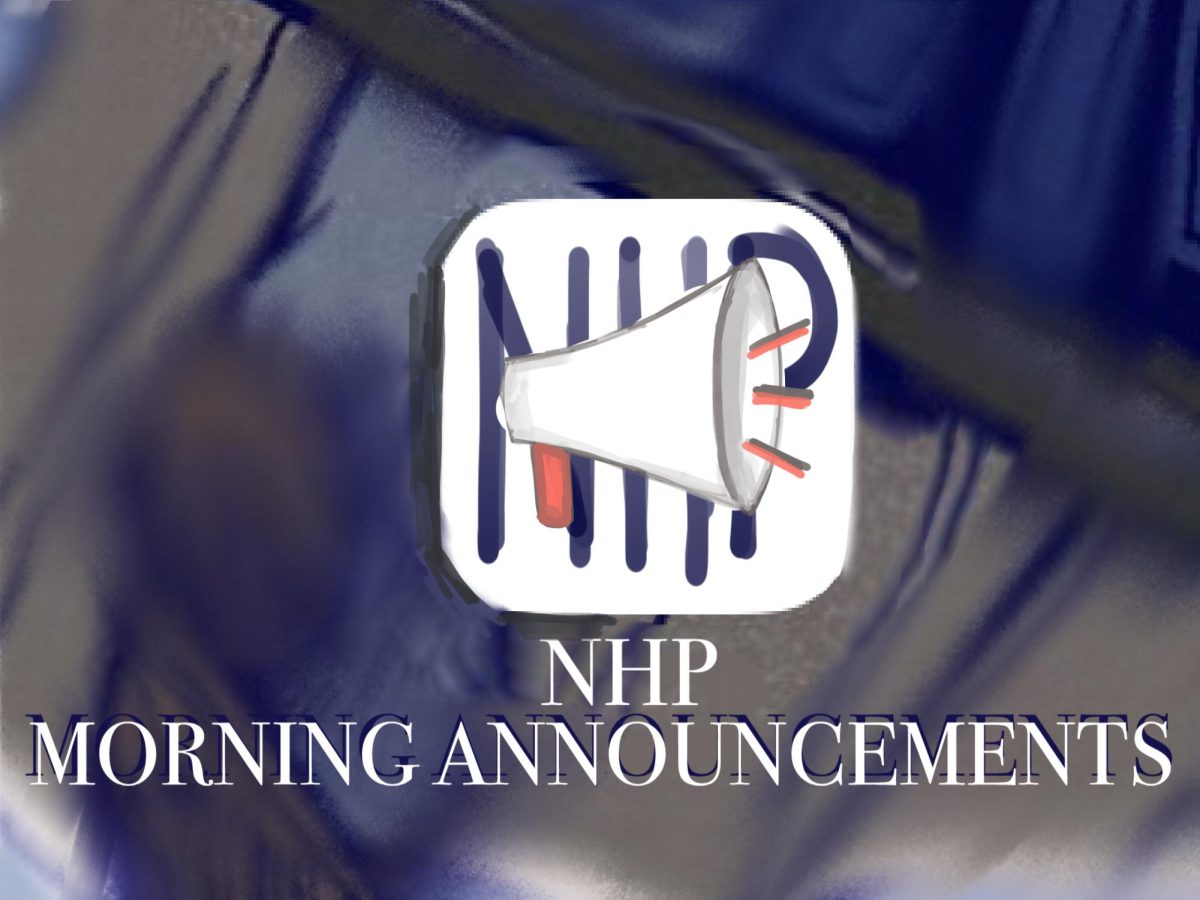Since the unprecedented civilian attack in Israel by Hamas on October 7, as well as the subsequent militaristic response from the Israel Defense Forces, the ongoing conflict in the Eastern Mediterranean has been sparking fierce debate. In such an unstable environment, mainstream news media as well as social media have become crucial in spreading information about the situation.
As with many other contentious issues, public opinion on the Israel-Hamas conflict has become inextricably linked with political affiliation, with liberals mostly supporting Palestine and conservatives mostly supporting Israel. Unfortunately, the polarizing nature of this conflict has made it more difficult for the public to truly grasp the nuances of the situation. As an article by NPR states, even without an intent to support one side over the other, a journalist’s reports may easily be perceived and misconstrued as bias through inaccuracies or failing to include parts of a story. Due to this, even completely accurate reporting may face accusations of trying to negatively portray or demonize a certain side. The current polarized media landscape surrounding this divisive issue has resulted in allegations of “anti-Israel” or “anti-Palestine” rhetoric becoming extremely common, as exemplified by this article. These accusations contribute to selective media exposure, in which only content aligning with preconceived opinions are consumed while contradictory pieces of information, even if unbiased, are largely ignored or denounced. While it does hold true that deliberately misleading or misrepresentative information can be and has been disseminated through various forms of media, this selective bias simply blinds us to the reality that there is always a bigger story to tell.
The nuance of this issue can clearly be seen in the region’s recent history and current political leaders. As television host John Oliver brought to attention in his political comedy show “Last Week Tonight,” it is extremely important to separate the leaders of both sides from the civilians they have jurisdiction over. The thoughts and actions of Hamas are not representative of all Palestinians. The same applies for Benjamin Netanyahu, prime minister of Israel, and Israeli civilians and the Jewish diaspora. For instance, despite the fact that Hamas was technically elected in Gaza as a political party, the organization and its actions (including the October 7 civilian attack) have been heavily criticized by Palestinians. Hamas, considered a terrorist organization by the United States and European Union, was indeed voted into power in the Gaza Strip. However, it only won a slight plurality of votes in the 2006 elections, and there has not been a referendum in the region since. Furthermore, despite the party initially branding itself as a “moderate organization,” 68% of Gazans now believe that they are not able to speak freely due to this administration, and 73% of them would prefer a peaceful, non-violent resolution to the conflict with Israel.
Similarly, the actions of the Netanyahu administration, responsible for initiating the intense Israeli military response in Gaza, do not fully represent those of the Israeli civilians and Jewish people. It is estimated that 76% of Israelis want Netanyahu to resign following the October attacks. Much of the general population believe that security lapses within the Israeli government and intelligence community led to Hamas successfully carrying out their recent attacks. In fact, the administration has even been alleged to have backed funds to Hamas, through its ally Qatar. This was reportedly done as part of a strategy to keep Gaza under Hamas control and the West Bank under the control of the larger Palestinian National Authority. Such a political division between the already separated regions of Palestine would further weaken efforts toward Palestinian sovereignty. This drew domestic and international backlash, even from former Israeli government officials. The unethical actions taken by the governments of both sides should not be conflated with the views possessed by the general populace. This is, at best, unhelpful to understanding the conflict. At worst, it is harmful and only helps to perpetuate the unjust hatred on both sides.
Following the October 7 attacks, Islamophobic and antisemitic hate crimes both saw drastic increases in occurrence across the United States, and the media may have influenced this dangerous trend, particularly social media. Social media algorithms tend to promote content that has more viewer engagement, and content with shock value tends to gain engagement rapidly on platforms. Such content may include blatantly harmful content targeted to the religious or ethnic groups in the area, exposing vehemently hateful ideas to a large audience. There exists a fine line between the opposition of Israel’s actions against Palestinians and hatred against Israelis or the Jewish community. The same applies for Hamas, ethnic Palestinians and the Muslim community. Unfortunately, within minority communities, it seems that the deplorable actions of few often misrepresent the group as a whole.
Perhaps the most important thing to recognize is that, in spite of which side anyone supports, war is ruthlessly destructive. This conflict, like many others, has caused needless human suffering on both sides. The lives of the Israeli citizens killed on October 7 are not merely the collateral damage of a Palestinian resistance for liberation. Likewise, the lives of the thousands of Palestinian citizens under attack by the Israel Defense Forces are not the collateral damage of a militaristic operation to eliminate Hamas militants. These are humans with families, consciences and livelihoods like us. Regardless of who killed them, or why they were killed, a value simply cannot be placed on the lives lost on either side. As the vast majority of those consuming media regarding the Middle East have no firsthand connections to the conflict itself, it is far too easy to overlook the humanity of those involved. Those in power must be held accountable, rather than those who are powerless. It is paramount that we are able to form opinions out of empathy rather than hatred, while remaining open to broaden our perspectives on the conflict.


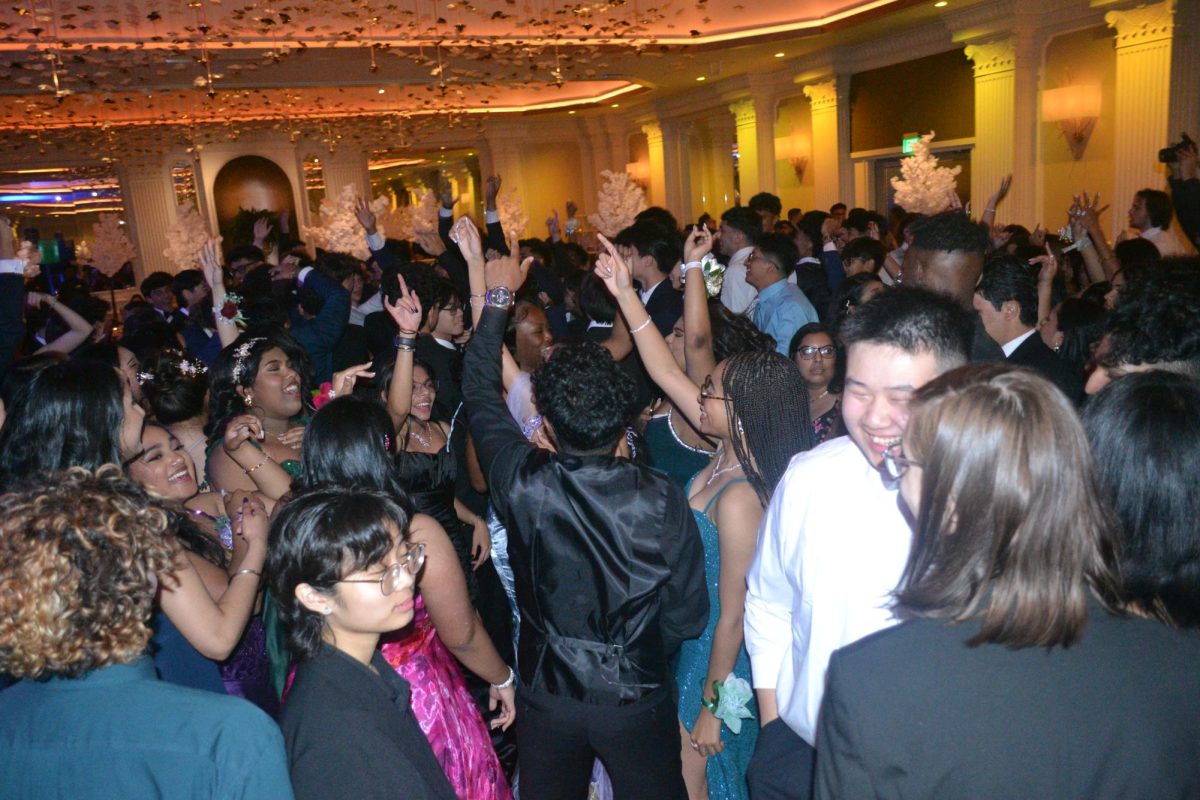

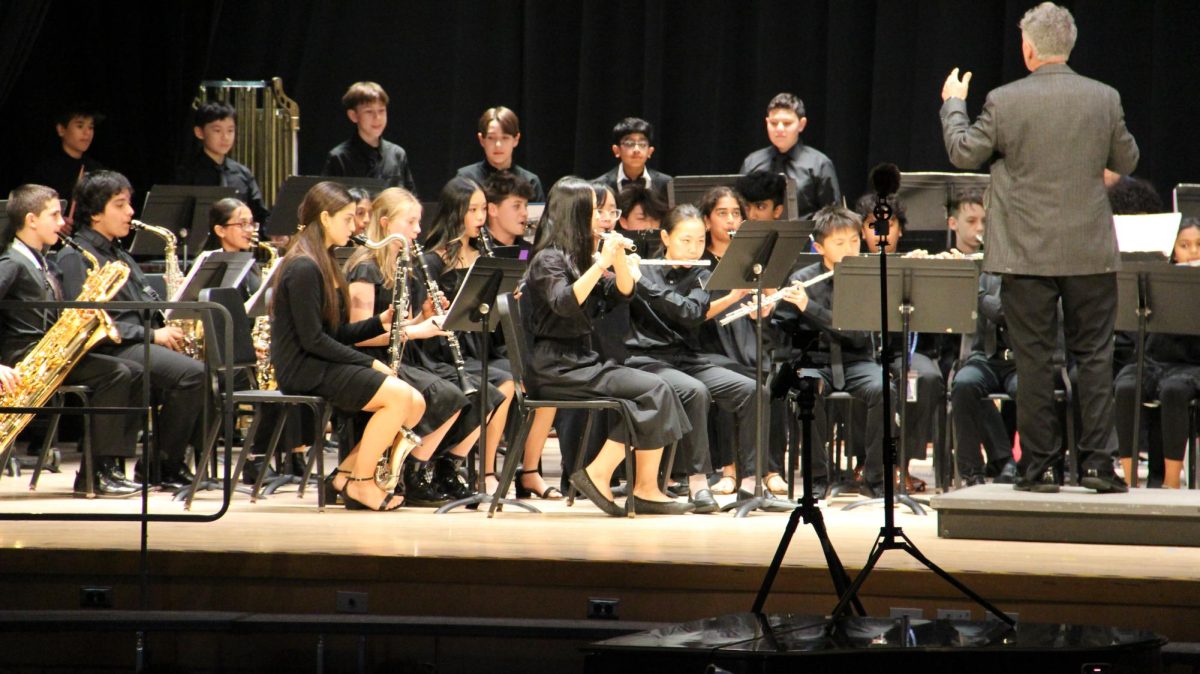







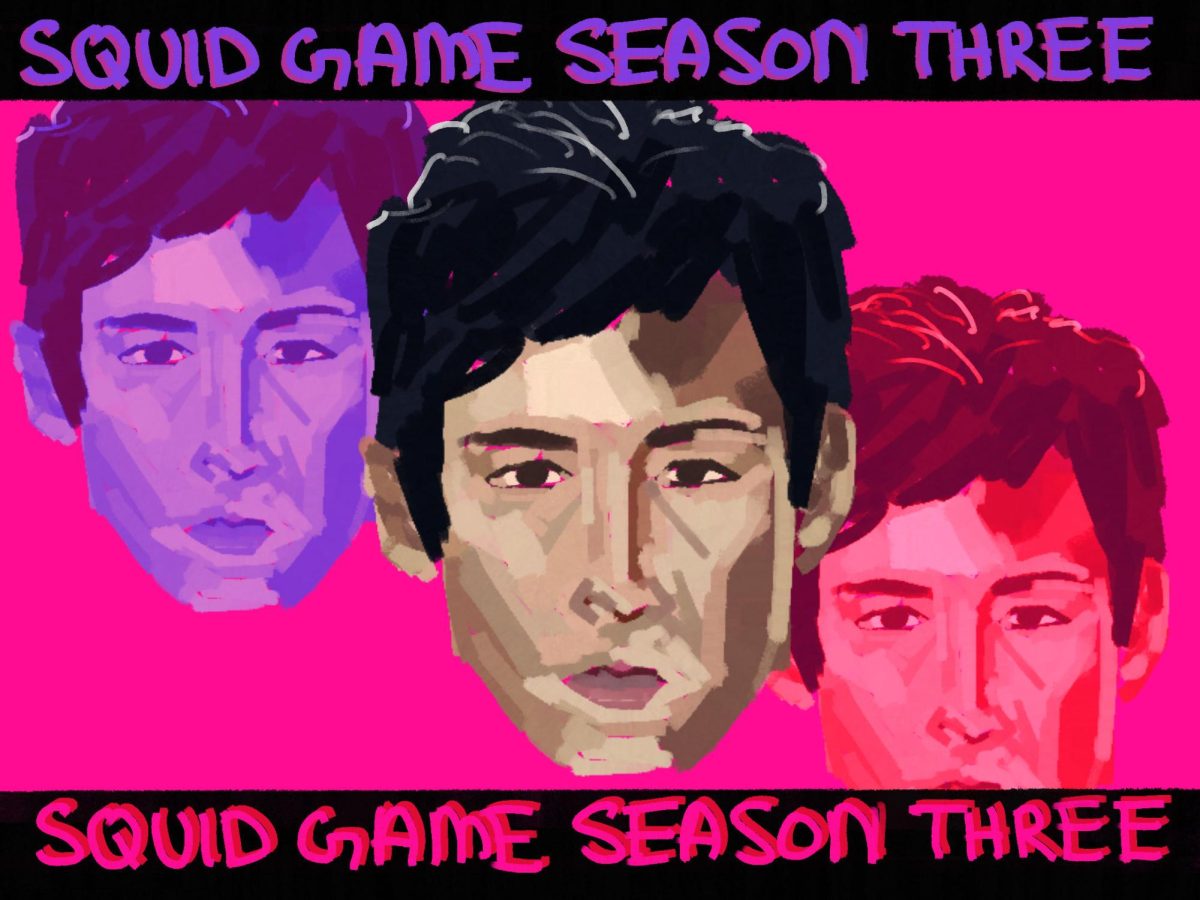
![”[Billie Eilish] truly was made to be a performer and I hope everyone has a chance to see such an amazing show,” junior Nyelle Sarreal said.](https://nhpchariotonline.com/wp-content/uploads/2025/06/IMG_1108-e1749239774437-1200x860.jpeg)


